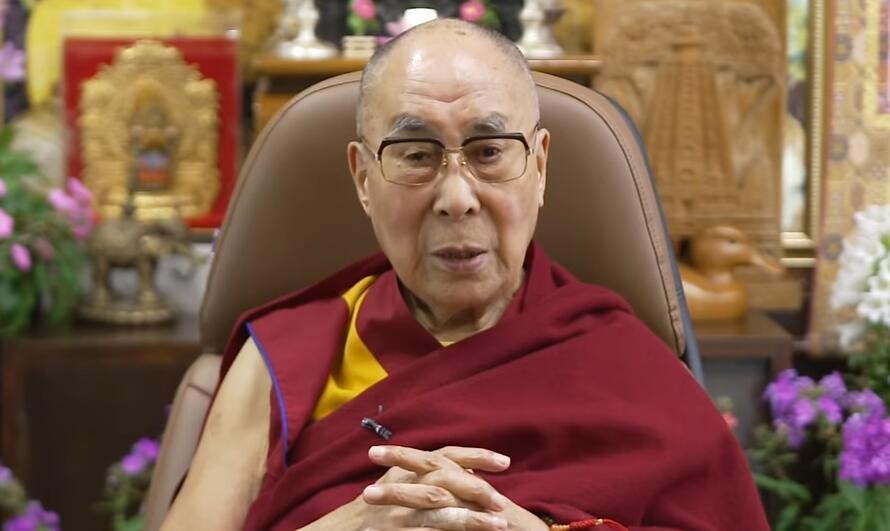Dalai Lama and the Successor Drama: China or the Free World?
Dalai Lama, the spiritual and political leader of the Tibetan community, has confirmed what many already suspected – his successor will be chosen only after his death. But wait, the drama is just beginning! While Dalai Lama lives in exile in India, China claims it has the right to approve his successor. Yes, you read that right – CHINA wants to control the choice of the Tibetan spiritual leader!
Who is the Dalai Lama?
Born as Tenzin Gyatso in 1935, he is the 14th Dalai Lama, believed to be the reincarnation of his predecessor. He fled Tibet in 1959 due to Chinese repression and has since lived in exile in McLeod Ganj, India. In 2011, the Dalai Lama relinquished political power but remained the spiritual leader.
Chinese Intervention: The Golden Urn and Central Government
The Chinese government claims that the Dalai Lama’s successor must be approved by China’s central government. Mao Ning, spokesperson for China’s Ministry of Foreign Affairs, stated that the reincarnation of great Buddhist figures like the Dalai Lama and Panchen Lama will be determined by drawing lots from a golden urn, then approved by Chinese authorities. This is a direct blow to Tibetan tradition and freedom of choice!
Dalai Lama Rejects Chinese Control
The Dalai Lama has repeatedly publicly rejected the idea that his successor could be appointed by the Chinese. He has promised that his successor will be born in the free world, far from Chinese control. This is a clear message to Beijing that Tibetans will not allow their spiritual leader to be imposed from Beijing.
Why Does This Matter?
Tibetans distrust Chinese intentions because China occupied Tibet and declared it a Chinese province. Control over the Dalai Lama’s selection would mean control over the Tibetan people and their spirituality. This is not just a religious issue but a political issue of freedom and identity.
What’s Next?
The responsibility for choosing the successor lies with the members of the Gadeng Podrang Foundation, the Dalai Lama’s office. They will conduct the search and recognition procedure according to tradition. But with Chinese pressure and threats, the question remains – will Tibetans manage to preserve their tradition and freedom?
Conclusion: The Fight for Spiritual Freedom
This saga is not just about one man or one title. It is a fight to preserve Tibetan culture, faith, and freedom against Chinese domination. The Dalai Lama is a symbol of resistance, and his successor will be a symbol of Tibet’s future.
If you think this is just another political game, think again. This is a matter that touches the hearts of millions worldwide. So, what do you think – can China really control the Dalai Lama’s selection? Or will Tibetans once again show the world what true freedom means?
Feel free to share your thoughts, crack a joke, or just smile – because this story is just beginning, and we’re here to watch it unfold!

















